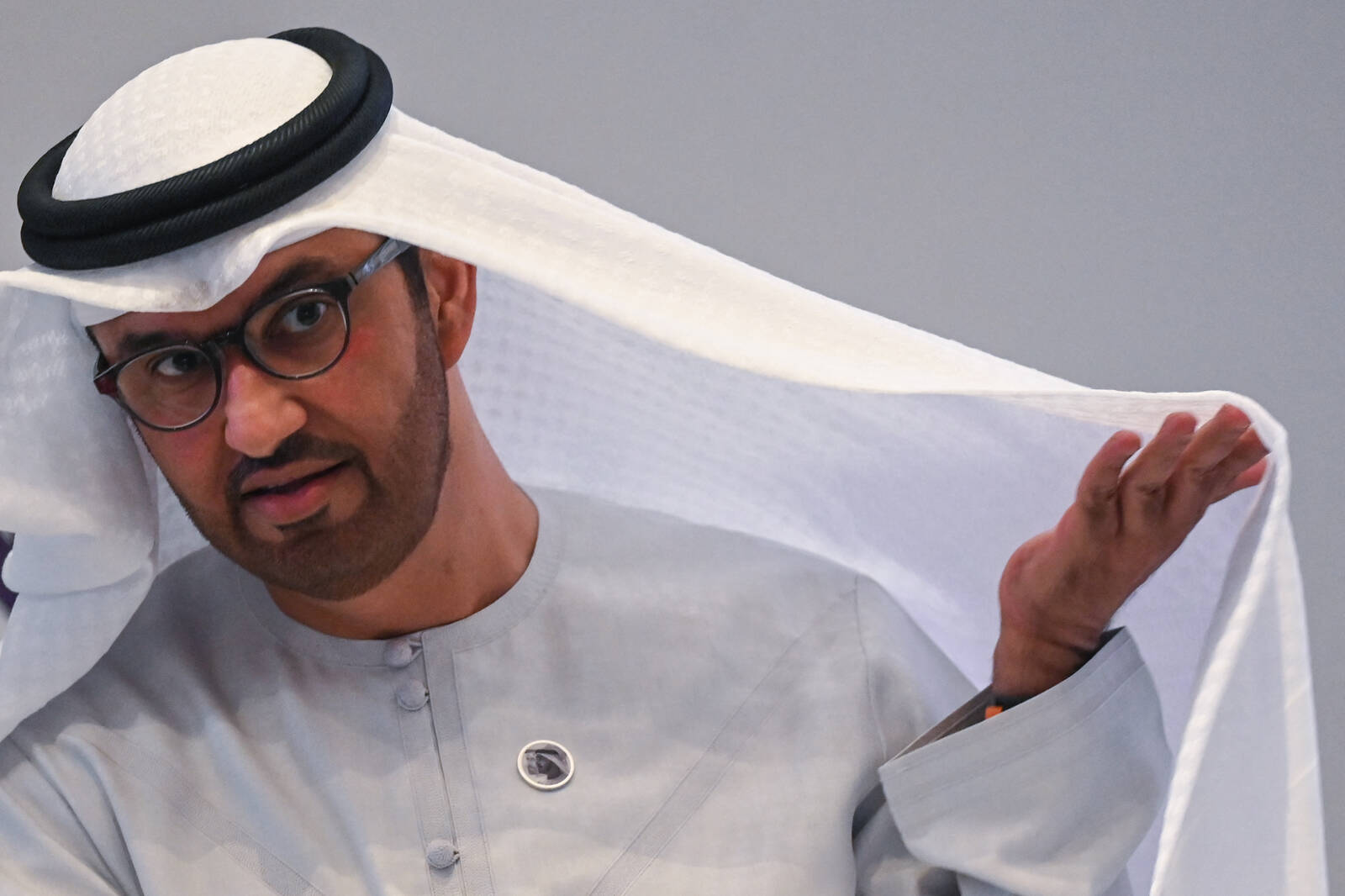COP28 is expected to be full of contradictions. And this new declaration by the Emirati organizers is not going to change that. The United Arab Emirates certified on Tuesday, August 1st, that they will allow environmental defenders to “peacefully gather” at the UN climate conference, organized in November in Dubai.
However, unauthorized demonstrations are formally prohibited in the Gulf State. The UAE therefore requires an official authorization for demonstrations but prohibits those it deems disruptive. It remains to be seen whether Dubai will consider environmental defenders as disruptors, or what will be meant by “peacefully”.
In addition, there is no question of demonstrating anywhere in the city that will host COP28 from November 30th to December 12th: “There will be a space available for climate activists to gather peacefully and make their voices heard,” said the Emirati government in a joint statement with the United Nations Framework Convention on Climate Change (UNFCCC), released by the country’s official news agency, WAM.
This statement was published after COP28 President Sultan Al Jaber and UNFCCC Executive Secretary Simon Stiell signed a bilateral agreement in Abu Dhabi which constitutes the legal basis for the organization and hosting of climate negotiations. “We are firmly committed to ensuring that UN values are respected at COPs,” said Simon Stiell, quoted in the press release.
Demonstrations, which were frequent at previous COPs, were authorized at the last UN climate conference in Egypt, where authorities regularly repress demonstrations and arbitrarily arrest activists. But the host of COP27 was criticized for restrictions that made the gathering space narrow and activists had to request accreditation 36 hours in advance.
Conflict of interest
The UAE, the world’s seventh-largest producer of “black gold”, was ranked the fourth-largest polluter per capita in 2019 by the World Bank. The choice in January of Sultan al-Jaber, CEO of the UAE’s national oil company (Adnoc), to chair the event, has raised concerns among environmental defenders.
Numerous NGOs had denounced a conflict of interest and human rights groups had warned that restrictions imposed by the Gulf state on freedom of expression could hinder the participation of environmental defenders. The latter “will find it difficult to effectively play their role […] in addressing the climate crisis in a country whose government has such a catastrophic record on human rights,” warned Human Rights Watch in March.
Read more at liberation.fr


Leave a Reply